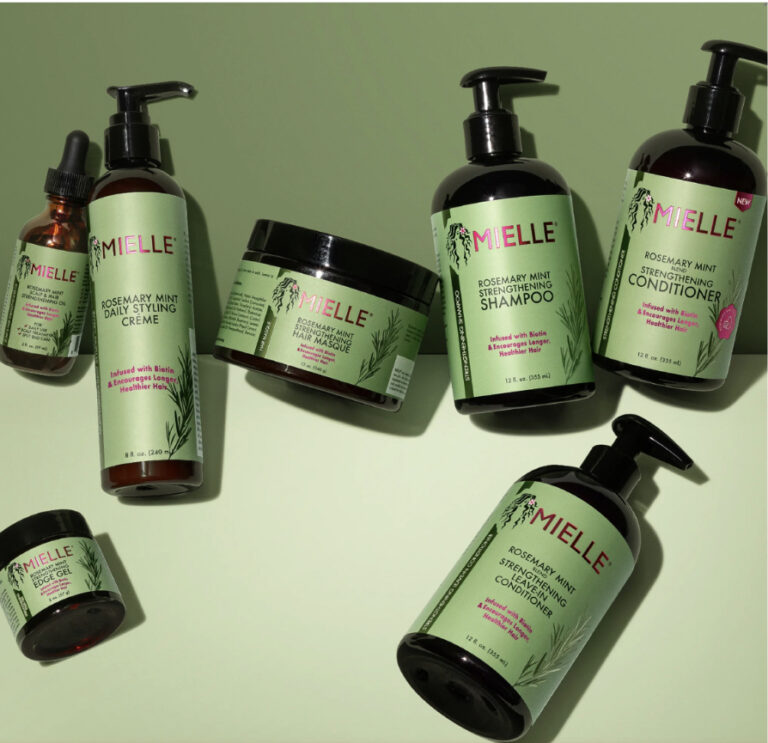Miel Organics has once again found itself at the centre of a heated debate on social media.
A popular Black-owned natural haircare company is facing backlash over consumer complaints of damage and breakage caused by various products. The controversy has sparked a debate about the authenticity of Black women’s haircare and Black-owned beauty brands.
After Procter & Gamble acquired the brand in January 2023, the brand faced backlash after a product user called founder Monique Rodriguez a “traitor” in a post on X (formerly Twitter).
“It’s not about selling, it’s about selling to grow and scale the company — and put that wealth back into the community,” Rodriguez replied.
Now, users are again taking to social media to voice their concerns about the company’s product’s formula and its potential effects.
“The social media frenzy has made me more conscious of what’s going on with my hair,” said Aaliyah Chasten, a junior studying journalism and mass communication. “I was using Rosemary Mint products, especially the conditioner and shampoo, but I was still suffering from hair loss.”
Chasten believes the change came after founder and CEO Monique Rodriguez sold the brand to Procter & Gamble Beauty, a subsidiary of Procter & Gamble, for an undisclosed amount.
But Rodriguez insists the formula remains the same.
“At Miel, I can assure you that we have no plans to change our formulas. Joining P&G will truly ensure that all of our loyal customers can expect the same high-quality products they find on store shelves today and tomorrow,” Rodriguez said in a statement to Essence.
“I used the product on wash day and my hair started falling out in clumps and I was shedding a lot more hair than usual,” Chasten says. “When I touched my hair while styling, I noticed that longer strands were falling out.”
Jara Colon Villafranca, a third-year political science student and natural hair enthusiast, acknowledged concerns about hair care products but said her personal experience has been positive.
She uses several of the company’s products, including their rosemary and mint line, which was the talk of the town: She explained that the cleansing shampoo and conditioning mask left her hair feeling clean, soft, and moisturized.
“I am a Miel Organic user myself, and I also use their Rosemary and Mint collection, and I can’t deny the feeling of using the product, but I can say that I don’t necessarily think it’s just the product that’s to blame,” Colón Villafranca says. “Our hair is very fragile, and the way we treat it can cause long-term effects and damage. I think there’s more to this story than people are telling, but I can’t say that everyone who brings it up is lying.”
Both Chasten and Colon-Villafranca acknowledge that not all products work for everyone, and say people should focus on what works best for them and understand how hair care works over time. Haircare brands that Chasten and Colon-Villafranca recommend are Design Essentials, Aunt Jackie’s, and Mielle Organics.
“I use a few different brands, methods, and styling tools,” Colón-Villafranca says, “and I’ll continue to use what works for me, but I’ll take note of any changes and adapt my hair care routine.”
Rodriguez addressed consumers in a series of Instagram posts, denying rumors of Miel product changes.
“None of the alleged negative experiences have been medically confirmed to be caused by our products,” a statement posted by the founders read.
Despite the discussion on social media, no legal action has been filed against Miel Organics regarding the situation.

